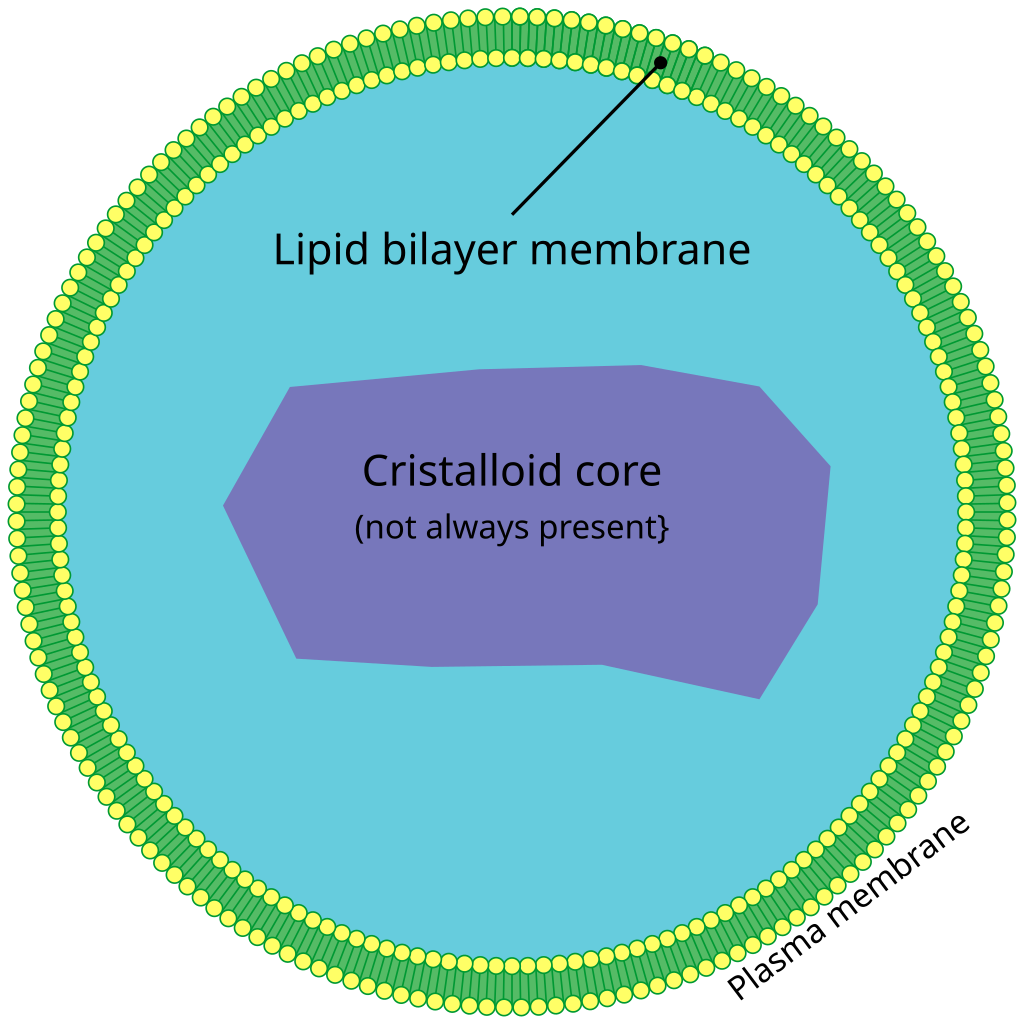Peroxisome Isolation and Purification Service
- Purified peroxisomal fractions
- Purity validation report with visual and quantitative data
- Enzymatic activity assay results (e.g., catalase activity)
- Optional proteomics or membrane protein profiling data
- Experimental records and technical protocols used
Peroxisomes are dynamic, single-membrane-bound organelles that play indispensable roles in cellular lipid metabolism, redox homeostasis, and detoxification. They are particularly active in biological pathways such as β-oxidation of fatty acids, degradation of hydrogen peroxide, and other processes essential for energy production and oxidative stress management. Impairment of peroxisomal function has been implicated in a broad spectrum of disorders, including metabolic syndromes and neurodegenerative diseases. A comprehensive understanding of peroxisome biogenesis, function, and metabolic networks is therefore vital for advancing both basic cell biology and translational disease research.

Figure 1. Basic Structure of a Peroxisome
MtoZ Biolabs offers specialized Peroxisome Isolation and Purification Service that enables researchers to efficiently isolate high-purity peroxisomes from a range of biological sources, including animal tissues, plant cells, and fungi. Our workflows integrate optimized organelle enrichment strategies with downstream compatibility for proteomic and metabolomic profiling, ensuring a solid foundation for functional characterization and disease model development.
Services at MtoZ Biolabs
MtoZ Biolabs provides efficient and precise Peroxisome Isolation and Purification Service to ensure high-quality peroxisomal samples for your research. We offer customized isolation and purification protocols tailored to different sample types, including:
· Peroxisome Isolation and Purification
Using low-shear homogenization combined with gradient centrifugation techniques, we efficiently isolate intact peroxisomes from diverse sources.
· For plant tissues, we apply sucrose or Percoll gradient methods.
· For fungal samples (e.g., Saccharomyces cerevisiae), we utilize sucrose or OptiPrep-based gradients.
All procedures are rigorously optimized to ensure high yield and purity while maintaining organelle integrity for downstream analyses.
· Peroxisomal Protein Extraction
We apply TCA/acetone precipitation or phenol-based extraction protocols to recover membrane and matrix proteins from isolated peroxisomes. These protocols are designed to minimize cytosolic contamination and preserve protein integrity for applications such as LC-MS/MS and PTM analysis.
Analysis Workflow
Our Peroxisome Isolation and Purification Service adheres to standardized protocols that deliver consistent, reproducible results:
1. Sample Preparation and Cell Disruption
Gentle homogenization is employed to preserve organelle structure while releasing peroxisomes from cellular compartments.
2. Gradient-Based Organelle Separation
Sucrose, OptiPrep, or Percoll density gradients are selected based on sample type to enrich peroxisomal fractions while depleting mitochondrial, lysosomal, and cytoplasmic contaminants.
3. Protein Extraction
Organellar proteins are extracted using precipitation or phenol-based methods optimized for downstream mass spectrometry compatibility.
4. Quality Assessment
Purity and integrity of isolated peroxisomes are evaluated via SDS-PAGE, BCA protein quantification, and organelle marker assays (e.g., catalase, PMP70). Optional Western blot validation against cytosolic markers (e.g., GAPDH) is available upon request.
Why Choose MtoZ Biolabs?
✅ Extensive Organellar Isolation Expertise: Leveraging years of subcellular fractionation experience, we deliver reproducible, high-purity peroxisome preparations with minimal cross-contamination and sample loss.
✅ Ready for Multi-Omics Applications: Our isolated fractions are fully compatible with proteomics, metabolomics, and enzymatic assays, supporting both discovery-driven and hypothesis-based studies.
✅ Tailored Protocols Across Species: We provide customizable workflows for a wide range of organisms, including mammalian cells, plant tissues, and microbial systems.
✅ Advanced Analytical Integration: Our facility integrates high-resolution Orbitrap and Q-TOF systems to support downstream LC-MS/MS analysis of purified peroxisomal fractions.
✅ Transparent and Flexible Pricing: We offer a one-time-charge pricing model with no hidden fees, ensuring clarity and cost-efficiency for your project.
MtoZ Biolabs’ Peroxisome Isolation and Purification Service provides robust support for research into metabolic regulation, oxidative stress, lipid metabolism, and cytotoxic responses. By enabling high-quality peroxisome preparation, this service facilitates in-depth investigations of cellular pathophysiology, disease model development, and drug target discovery.
Beyond peroxisomes, we offer a comprehensive range of organelle isolation services—including mitochondria, endoplasmic reticulum, Golgi apparatus, lysosomes, and nucleoli—to support integrated subcellular omics and quantitative analyses. With precision isolation techniques, strict quality control, and expert technical support, MtoZ Biolabs is dedicated to delivering reliable and efficient solutions for both academic and industrial research.
Whether you're looking to explore specific organelle functions or establish a high-quality organelle sample repository, MtoZ Biolabs is here to be your trusted research partner.
What Could be Included in the Report?
Upon completion, you will receive a detailed project report along with:
FAQ
Q1: What information should I provide when submitting samples?
We recommend including the organism type, tissue or cell line, treatment conditions, and any specific storage requirements. For plant samples, please specify the species and developmental stage. Ensure samples are fresh or properly frozen to prevent degradation. Our team can provide pre-shipment sample handling guidelines upon request.
Q2: What analyses can be performed on extracted peroxisomal proteins?
Isolated proteins can be subjected to LC-MS/MS for in-depth proteomic profiling. We also offer specialized post-translational modification (PTM) analysis, including phosphorylation and acetylation studies, to help elucidate the regulatory roles of peroxisomes in stress response and lipid signaling.
Related Services
How to order?







